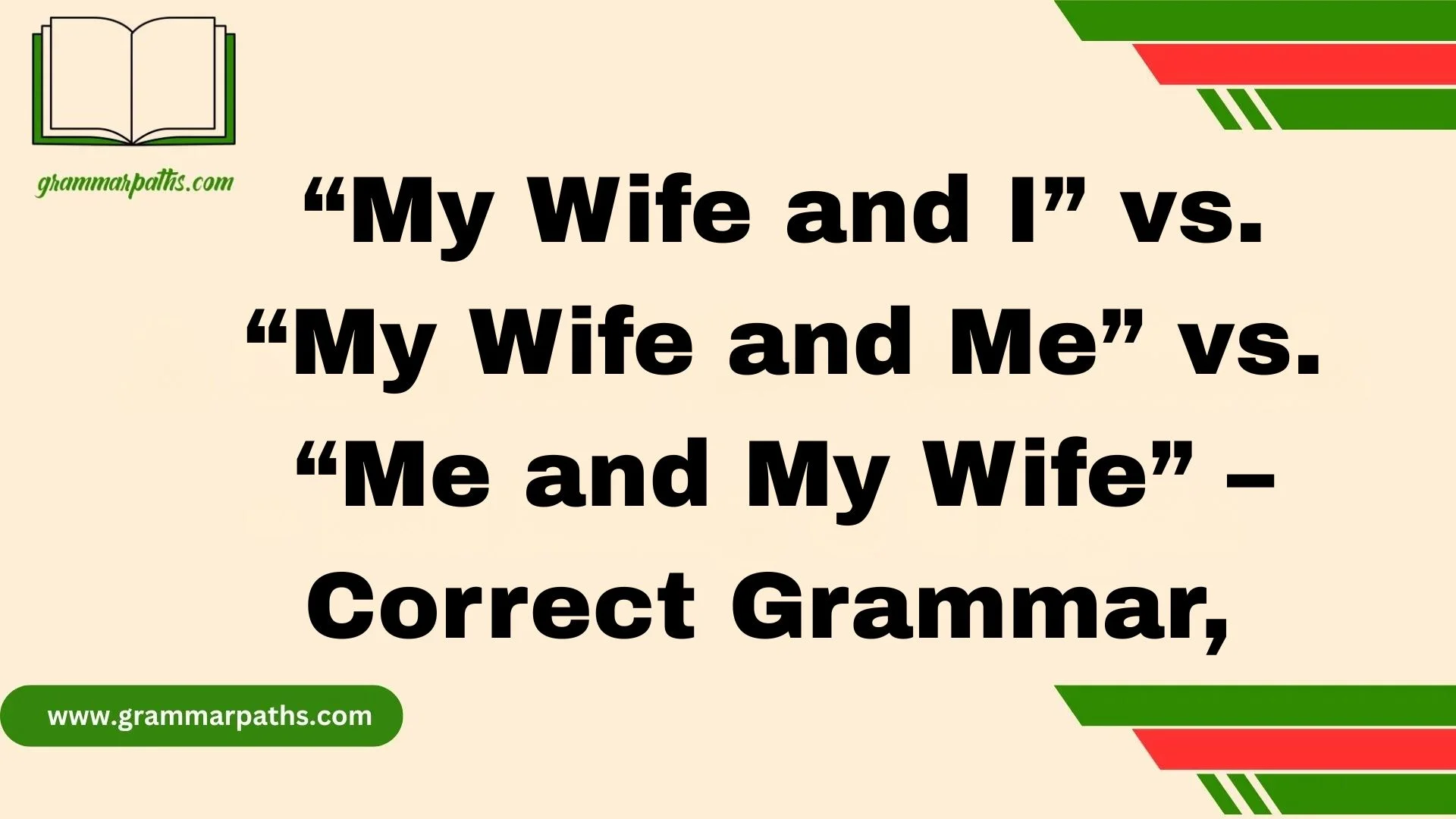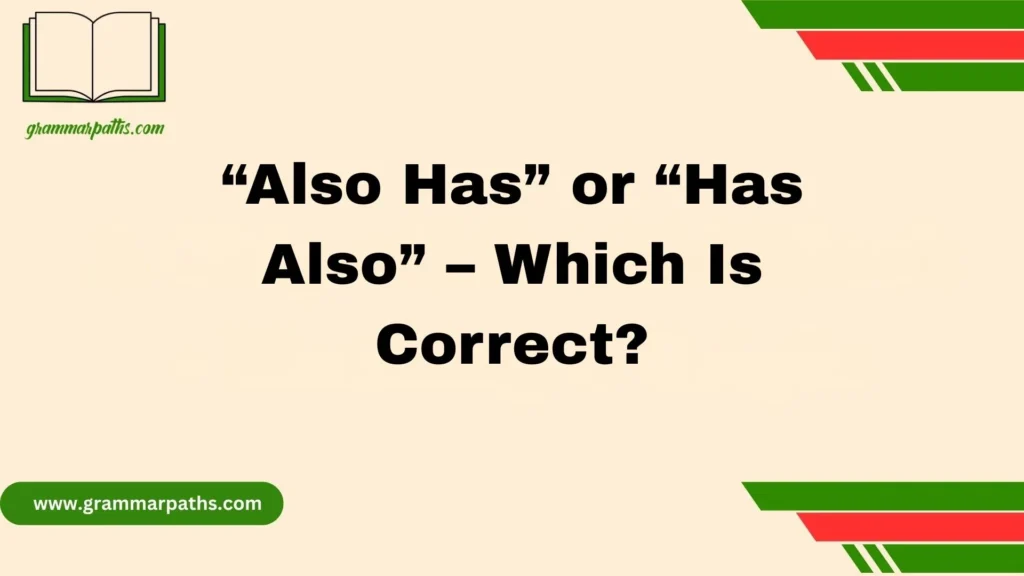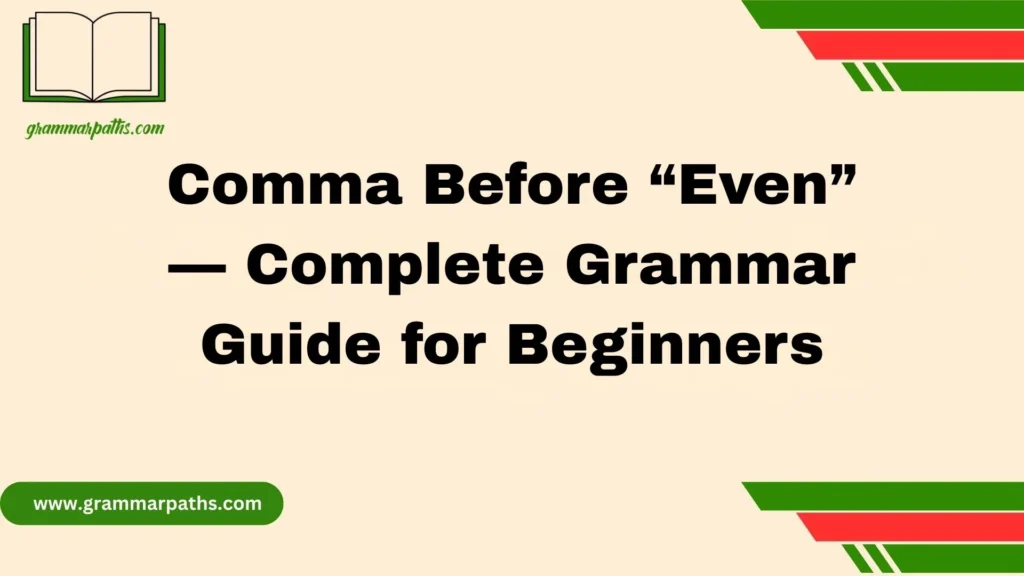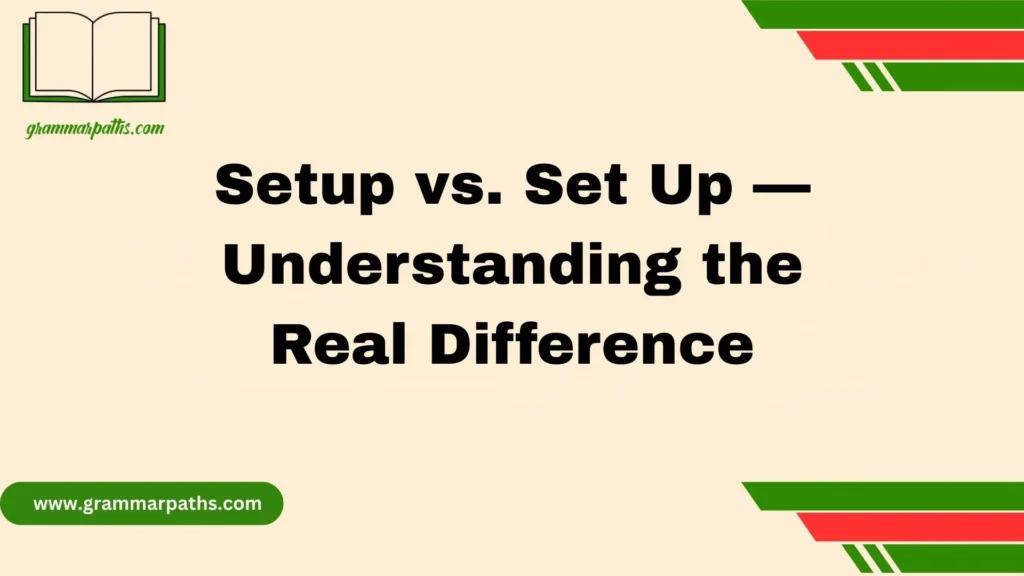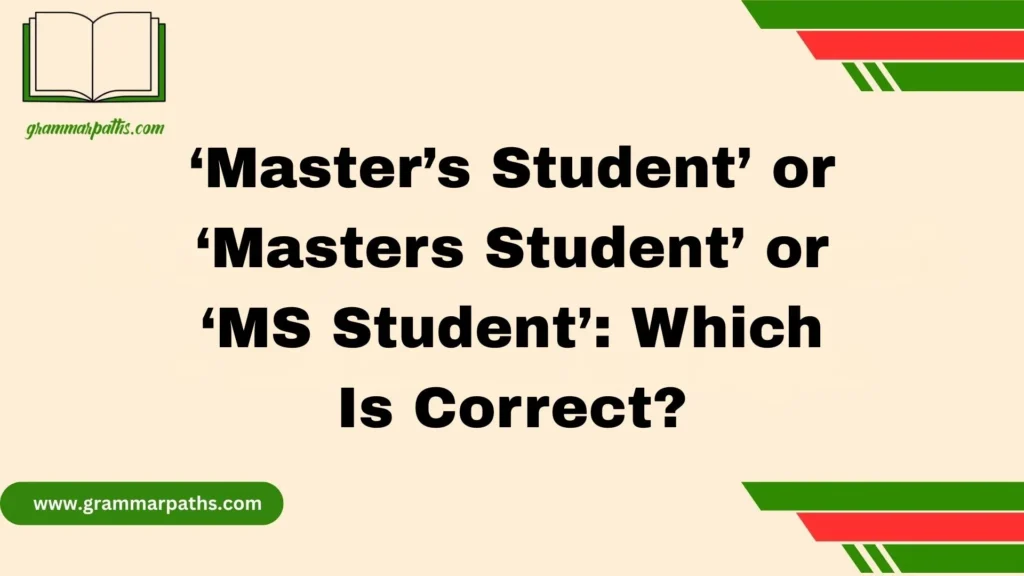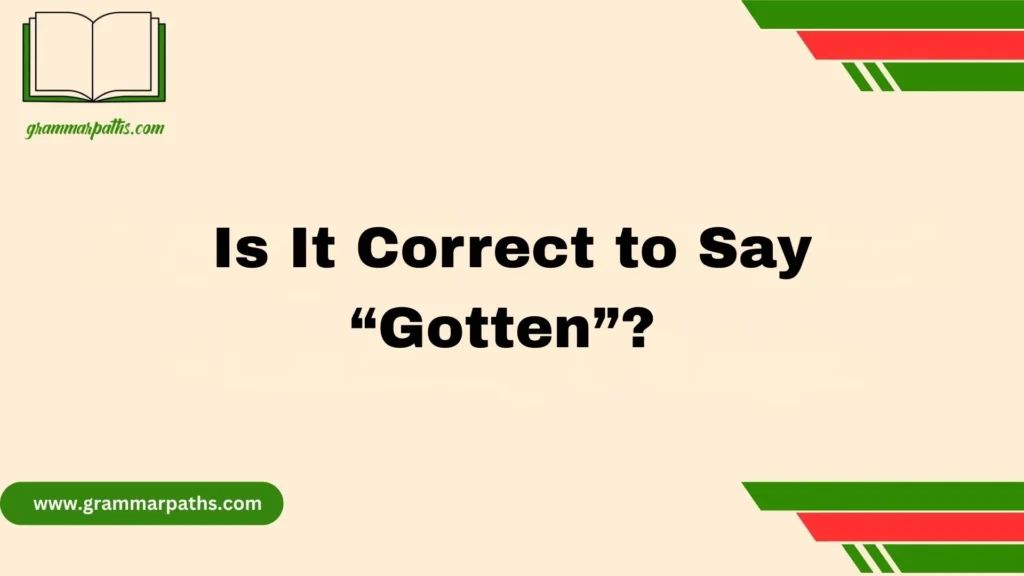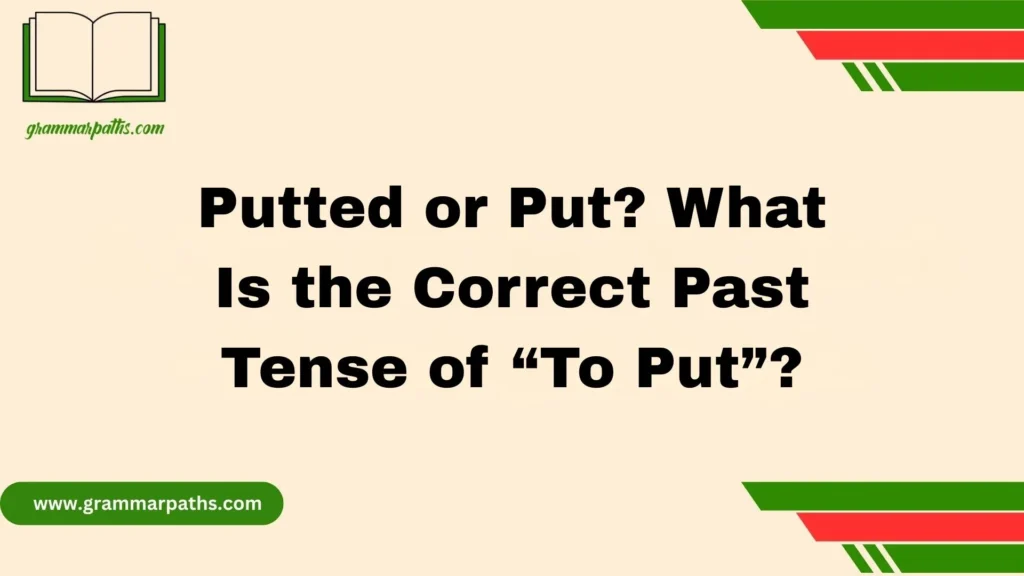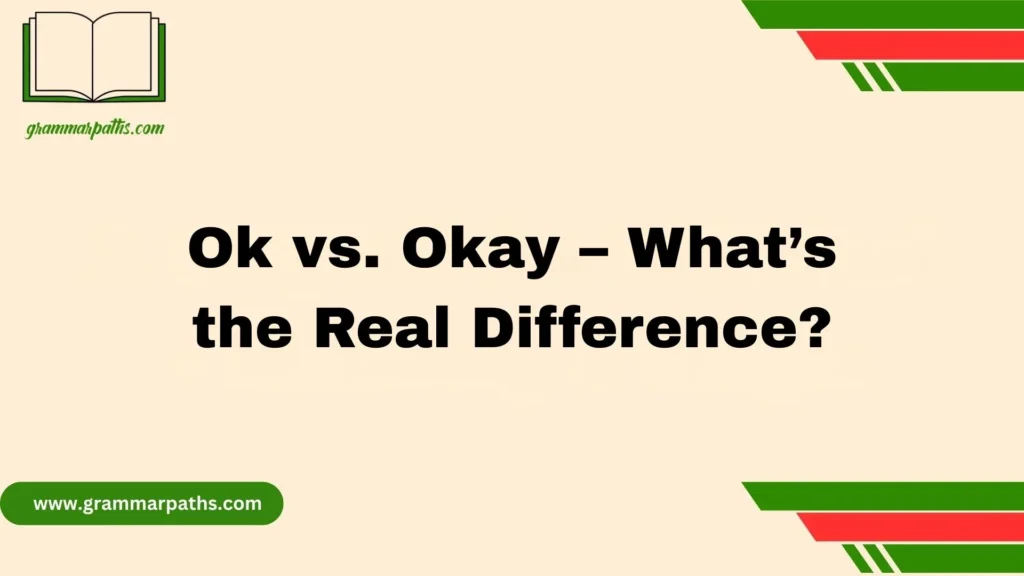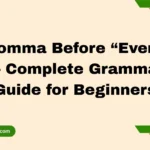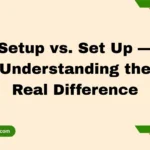When I first started my English journey, I often tripped over phrases like My wife and I, My wife and me, and Me and my wife. Even as a language coach, I noticed fluent speakers often misuse them in casual conversations or even in formal speech. The truth is quite simple—there are rules of grammar that make one variation clearer, more polished, and professional in writing. Once the phrase is understood in the right sentence, everything starts to click. Over time, I gathered small tips to fix common issues, helping people feel more precise and confident in their experience with these tricky expressions.
I often break down usage with examples for my students, showing them practical methods I once wrote about in an article for a course. The social expectations around phrasing also play a big role, as I’ve seen how they influence what readers remember as right in real-life details. When we observe how others speak in authentic settings, it becomes part of our everyday way of speaking—we hear, we learn, we stay mindful, curious, and naturally evolve. Paying attention to structure ensures your message carries strength and intent, which is what truly makes your grammar shine.
Breaking Down the Grammar Basics
Before choosing between “I” and “me,” you need to understand pronoun cases. English pronouns change form depending on their role in a sentence.
Here’s the breakdown:
| Case | Function | Examples |
| Subjective | Used as the subject of a sentence (the doer of the action) | I, he, she, we, they |
| Objective | Used as the object of a verb or preposition (receiver of action) | me, him, her, us, them |
A quick rule of thumb:
- Subject pronouns (I, we, he, she) tell who is acting.
- Object pronouns (me, us, him, her) tell who is receiving.
For example:
- I love pizza. (subject)
- The pizza loves me. (object, though hopefully not literally!)
When you add another person, the same rule still applies.
“My Wife and I” – When It’s Correct
The phrase “My wife and I” should only be used when the two of you are the subject of the sentence. That means you and your wife are performing the action.
Examples:
- My wife and I are traveling to New York next week.
- My wife and I volunteered at the shelter.
- My wife and I enjoy hiking on weekends.
Notice that if you remove “my wife,” the sentence still works:
- I am traveling to New York.
- I volunteered at the shelter.
- I enjoy hiking.
This test is one of the simplest ways to check if “I” is correct.
Many people use “My wife and I” by default, assuming it always sounds more formal and proper. While it’s true that it’s often the safer choice, it’s not correct in every situation. Overusing it can create grammar mistakes, which we’ll see in the next section.
“My Wife and Me” – The Proper Object Form
When you and your wife are the object of a verb or a preposition, you need to use “me.”
Examples:
- The neighbors invited my wife and me to dinner.
- He took a photo of my wife and me at the park.
- The gift was addressed to my wife and me.
Using “I” in these cases is incorrect:
- ✗ The neighbors invited my wife and I to dinner.
- ✗ He took a photo of my wife and I.
A quick test: remove “my wife.”
- The neighbors invited me. (correct)
- The neighbors invited I. (incorrect)
This test works every time.
Why People Get It Wrong
The mistake often comes from overcorrection. Many people were scolded as kids for saying “Me and my friend went…” So as adults, they try to fix it by replacing “me” with “I” everywhere. The result: they end up saying “my wife and I” even when “me” is correct.
“Me and My Wife” – Is It Always Wrong?
Grammatically, starting a sentence with “Me and my wife” is incorrect because “me” is an object pronoun and shouldn’t be used as a subject.
Example:
- ✗ Me and my wife are going shopping.
- ✓ My wife and I are going shopping.
But here’s the nuance: in casual spoken English, people say “Me and my wife” all the time. It’s common in regional dialects, informal conversations, and even in music lyrics. While it may pass in conversation among friends, it’s not appropriate in writing, professional settings, or formal speech.
Why Politeness Matters
Beyond grammar, there’s an unwritten politeness rule in English: put the other person first. That’s why “My wife and I” is preferred over “I and my wife.” It shows humility and respect.
The Politeness Rule: Why “My Wife and I” Comes First
English speakers usually list the other person before themselves. This is why “My wife and I” is the expected order, rather than “I and my wife.”
Historically, etiquette books and grammar guides reinforced this as a matter of courtesy. Style guides such as The Chicago Manual of Style and AP Stylebook follow the same principle.
Examples:
- Correct: My wife and I hosted the party.
- Incorrect: I and my wife hosted the party. (technically not ungrammatical, but awkward and impolite)
This is more about social convention than strict grammar, but it still shapes how people perceive correctness.
Other Common Misconceptions
Why “I and My Wife” Is Incorrect
Technically, “I and my wife” could function as a subject, but in English usage, it sounds clumsy and self-centered. That’s why it’s almost never used.
The Misuse of “Myself”
Many people incorrectly say:
- ✗ My wife and myself went shopping.
- ✗ The package was delivered to my wife and myself.
The word myself is a reflexive pronoun. It should only be used when referring back to I in the same sentence:
- I hurt myself.
- I made myself breakfast.
It should not replace “I” or “me.”
Grammar vs. Real-Life Usage
Language doesn’t always match grammar rules. In casual speech, you’ll hear “Me and my wife” or even “My wife and myself.” These forms show up in TV shows, movies, and songs.
For example, in popular culture:
- People often say “Me and my wife went to…” because it rolls off the tongue more naturally.
- Musicians frequently bend grammar rules to fit rhythm or rhyme.
While this flexibility makes English lively, it can also confuse learners. The key is knowing the rules so you can choose when to follow them and when it’s safe to bend them.
Applying the Rule Beyond “My Wife and I”
The same subject vs. object rule applies to other pronouns and nouns.
Examples:
| Correct (Subject) | Correct (Object) |
| My friend and I are studying. | The teacher praised my friend and me. |
| John and I went shopping. | The gift was for John and me. |
| He and I are best friends. | She introduced him and me at the meeting. |
Quick Test to Check Yourself
- Remove the other person.
- See if the sentence works with just “I” or “me.”
Example:
- She invited my wife and me. → Remove “my wife” → She invited me. (works)
- My wife and I cooked dinner. → Remove “my wife” → I cooked dinner. (works)
Quick Reference Guide
Here’s a simple chart you can use anytime you’re unsure:
| Phrase | Use As | Example |
| My wife and I | Subject (doer of action) | My wife and I are planning a trip. |
| My wife and me | Object (receiver of action) | They surprised my wife and me with a gift. |
| Me and my wife | Informal spoken English only, avoid in writing | Me and my wife saw a movie. (casual speech) |
| I and my wife | Rare, awkward, avoid | I and my wife went shopping. (unnatural) |
| My wife and myself | Incorrect unless reflexive | ✗ My wife and myself went to dinner. |
Conclusion
Mastering whether to say My wife and I, My wife and me, or Me and my wife isn’t just about avoiding mistakes—it’s about sounding natural while still following the rules of grammar. Once you know the simple difference, you’ll feel more confident in both casual conversations and formal speech. From my own experience as a language coach, I’ve seen how a few practical tips and examples can help students and readers quickly remember what’s right. Staying mindful of usage in everyday settings allows you to learn, observe, and gradually evolve into a more precise communicator.
FAQs
Q1: When should I use “My wife and I”?
Use My wife and I when the phrase is the subject of a sentence, for example: My wife and I went to the store.
Q2: When is “My wife and me” correct?
Use My wife and me when the phrase is the object of a sentence, for example: The gift was for my wife and me.
Q3: Is “Me and my wife” always wrong?
It’s not always “wrong,” but it’s less polished and often considered informal. In professional writing or formal speech, it’s better to say My wife and I.
Q4: Why do so many people misuse these phrases?
Because in everyday conversations, people tend to focus less on structure and more on phrasing that sounds natural. Over time, social expectations and what we hear around us strongly influence our habits.
Q5: How can I remember the right usage?
One practical trick is to remove “my wife” from the sentence and test it: would you say I went or me went? This simple method makes the rules much clearer.

Grace Marie is the dedicated writer behind GrammarPaths.com, where she shares her passion for English grammar, idioms, and writing mastery. With a strong background in language studies and years of experience helping learners improve their communication skills, Grace creates clear, practical, and engaging content that makes English easy to understand.
